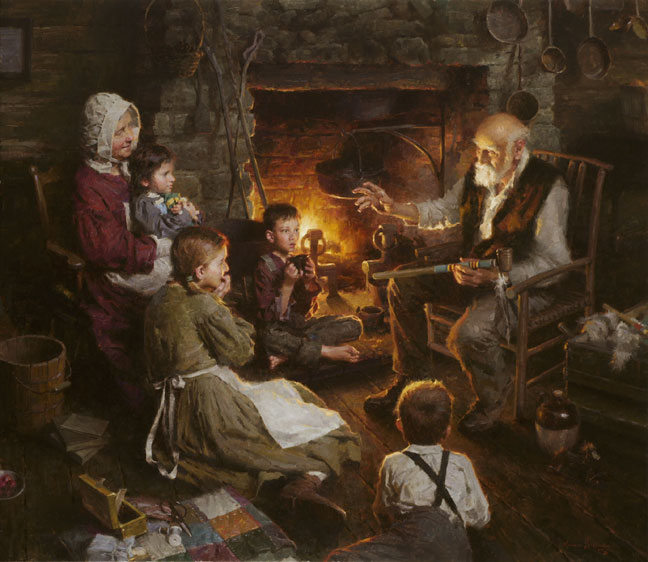Psalm 67.1-2 and Mathew 5.14-16

‘You are the light of the world. A town built on a hill cannot be hidden. Neither do people light a lamp and put it under a bowl. Instead they put it on its stand, and it gives light to everyone in the house. In the same way, let your light shine before others, that they may see your good deeds and glorify your Father in heaven.’ Mathew 5.14-16
I woke this morning in a hotel room and it was dark, the noise of the motorway outside had been continuous all night and so its roar gave no indication of time. I could have reached for my phone to let its light shine on the time, instead I closed my eyes and let the dark control me. Slight chinks of light crept round the curtain edge jogging me into reluctant action. Eventually my conscience overcame my inertia, I rose, pulled back the curtains and instantly light flooded the room and galvanized me into life and I was ready to engage with the world.
Psalm 67 is about the light of God’s face shining on us so we take the light of the gospel to the world. There are two biblical roots the psalmist has drawn on, almost repeating word for word the blessing God gave Aaron and his descendants as priests to the nation, Tell Aaron and his sons, ‘This is how you are to bless the Israelites. ‘Say to them: “The LORD bless you and keep you; the LORD make his face shine on you and be gracious to you; the LORD turn his face toward you and give you peace.” ’ Numbers 6.23-26 However the wording is changed to a prayer for the nation to be priests bringing God’s blessing to the world. Peter confirmed this calling for the modern church to be, ‘a royal priesthood, a holy nation’. 1 Peter 2.9 The second is Abraham’s promise, I will bless you; I will make your name great, and you will be a blessing. (Gen 12.2-3)
The opening two verses of Psalm 67 would make a brilliant prayer to be repeated each time a church gathers. 1May God be gracious to us and bless us and make his face to shine upon us, Selah, 2that your way may be known on earth, your saving power among all nations.’ (ESV) To push the blackout curtain analogy a little further, a prayer that stops at the end of verse one draws the blackout curtain tightly around the church and says God’s grace and blessing is all ours or mine. How often is that the motivation of our prayer, that we will be blessed? How often is the motivation that we will be a blessing?When talking and thinking about the ‘light of the world’ we frequently think about Jesus words in John 8.12 ‘I am the light of the world. Whoever follows me will never walk in darkness, but will have the light of life.’ But in Mathew, Jesus spoke to his followers and said, ‘You are the light of the world … let your light shine before others, that they may see your good deeds and glorify your Father in heaven.’
God’s blessing on his church ought to be apparent to the world, the ways of Christians should be so distinctive that it is clear that the good news of Jesus is God’s salvation. This is a major challenge to a church too frequently consumed by its own internal issues. Our light for the world is the Holy Spirit within us, a mirror only reflects a light that that faces it, turn the mirror away from the light and it can no longer reflect it. May our faces shine as we gaze upon the goodness of God. How often do we take time to be in God’s presence so that his face can shine upon us?
How do we join in making his ways known on earth?
Shine Jesus Shine (from the Indian released album Shine) Lyric Video – Graham Kendrick




